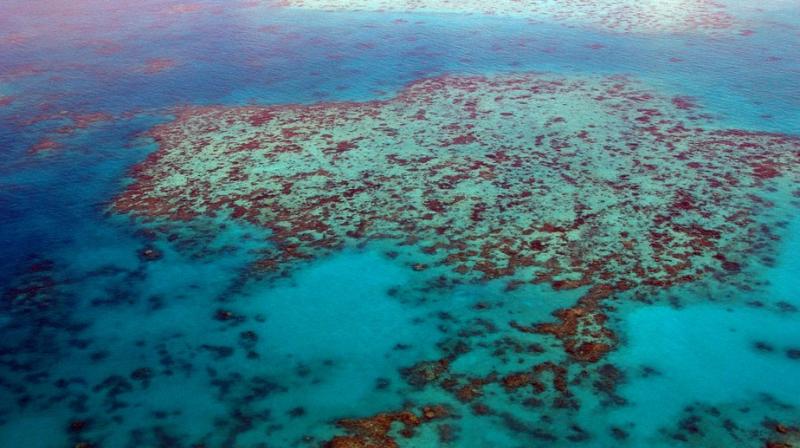Kerala: Reef rescuers become environment hackers
Seychelles planted coral reefs over 5300 square metres under sea.

THIRUVANANTHAPURAM: The ‘reef rescuers project’ in Seychelles has managed to plant coral reefs over an area of 5300 square metres under sea. That would make it the world’s largest reef restoration programme, according to Nirmal Shah, CEO, Nature Seychelles. “We planted the reefs two years ago. Now it is beautiful, fantastic,” he said during the lunch break of ‘The Oceans Dialogue 2017,’ a conference on ocean governance here. It was organised by Observer Research Foundation and Kingdom of the Netherlands.
Coral reefs are dying across the world due to coral bleaching, widely believed to be an after-effect of climate change. To counter this, Nature Seychelles launched what Nirmal calls ‘environment hacking.’ They grow fragments of corals in underwater nurseries. In a year, when it grows to the size of a football, it is transplanted deeper in the sea with the help of specialist divers. “That’s hacking. We have hacked a natural system. We are playing god,” he said.
Two years ago, they grew 42,000 coral fragments taken from the healthiest colonies. They have identified 18 species which are naturally resistant to coral bleaching. “These are designer reefs, because these are resilient corals designed to withstand climate change,” he said. Nature Seychelles launched the restoration project in 2010 with the financial support of United States Agency for International Development (USAID). In 2011, it got more financial assistance under a collaborative project of Government of Seychelles, Global Environment Facility and United Nations Development Project.
Nirmal said they adopted the concept from Israeli scientists who did it at a smallscale off the coast of Indonesia. The technique was perfected at Nature Seychelles. The importance of the programme comes from the fact that coral reefs offer great ecological services. “Reefs are rainforests of the sea. When they die, we lose barrier protection against storm, fish growing in coral reefs and a lot more,” he says.

